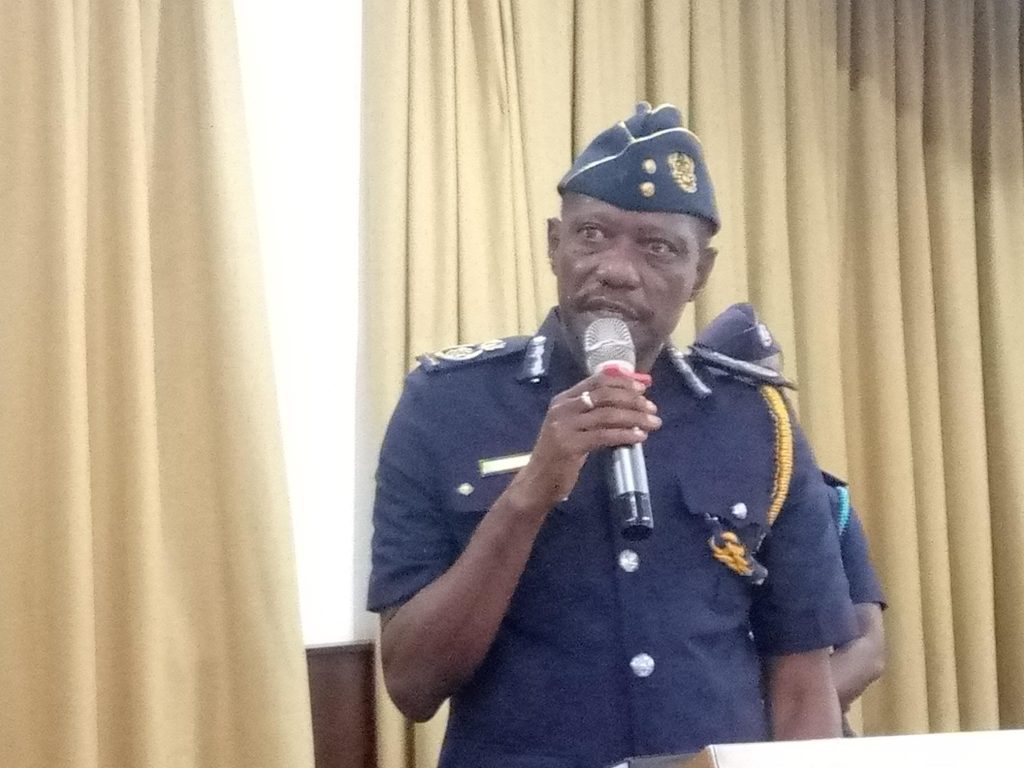By Patrick Ofoe Nudzi
Accra, Sept. 6, GNA – The Custom Division of the Ghana Revenue Authority will by mid- September begin the implementation of the Time Release Study to help expedite the release of goods at the ports and designated borders.
The Study, which sought to establish baseline data for trade facilitation performance measurements and future improvement of Customs processes, would identify bottlenecks affecting clearance and release.
It would also identify opportunities for enhancing facilitation by reducing time and cost while supporting import and export promotion and economic policies.
This was said during the World Customs Organization (WCO) Time Release Study Workshop for Ghana being held on September 5 to 10.
The study, which is a pilot exercise, would measure the duration of clearance of cargo from the time of arrival to the exit of the cargo from Custom areas at the Tema Port, Kotoka International Airport, Paga and Aflao.
That, according to the trade experts would allow Custom and other stakeholders to work together to address obstacles in the movement of cargo.
The Time Release Study is one of the Category ‘C’ measures members of WCO must implement as a tool recognised by the Trade Facilitation Agreement (TFA) of the World Trade Organisation (WTO).
The TFA came into force on February 22, 2017, following its ratification by two-thirds of the WTO membership to eliminate bureaucratic delays and Ghana ratified the TFA in 2017.
Mr Iddrisu Iddisah Seidu, Acting Commissioner, Customs Division, in an interview with the Ghana News Agency, said: “If the obstacles are coming from some of our processes, we will know what to do to strengthen them and if it is from some of our agents, we will know what to do to speed up clearing cargos at the ports.”

He said the implementation would be rolled out at all entry points across the country after identifying the challenges and correcting them through the pilot exercise.
Mr Christian David, an Expert from the World Customs Organisation, said the action taken by Customs and Ghana for that matter was a testament to their quest to enhance trade facilitation.
He said: “It will help prevent revenue leakages and provide a unique platform for stakeholders to do a holistic assessment of the operations and as we collaborate.”
Mr David said though the implementation looked like a daunting task, Ghana would rise to the challenge and provide a resounding report.
GNA